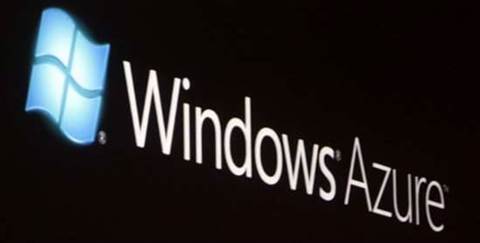Microsoft kicked off this year with a major rebranding campaign that positions itself in the public eye as a cloud software vendor. “Cloud Power” has already started to appear in print, online, radio and TV commercials over the next weeks around the globe.
It reveals the focus of Microsoft’s cloud push: Office 365, Windows Azure and Windows Server Hyper-V. Its scale – it will cost hundreds of millions of dollars – also shows how keen the vendor is to associate its name with the next model of computing.
The most anticipated product is the mainstay of small and medium businesses – the evolution of the Office brand, Office 365.
CRN spoke to Microsoft Australia executives last month who were in Seattle for training on Office 365 and associated marketing plans.
Clearly excited about this year’s transition, they were able to give a little more information about what to expect in Microsoft’s major cloud debut.
Office 2010 sets the stage
Microsoft is hoping that the launch of Microsoft Office 365 will emulate the success of Office 2010.
The latest version of the productivity suite was the fastest-selling version so far, with one selling every second somewhere in the world, says Microsoft software director Oscar Trimboli.
“The No.1 thing that is coming across is the optimism. With the launch of Office 2010 and SharePoint they ended up being front and centre in the financial and analyst earnings reports with really strong performance in those products, which are strong engines for our business,” Trimboli says.
“I think as a brand [Office 2010 and Office 365] are totally linked and the momentum from that launch and the customers we engage with. Our customers are telling us we are working on the right things and we are putting in the functionality that helps them make their business run.”
Office 2010 already has many hooks into Microsoft Online Services through Windows SkyDrive and SharePoint Online. Microsoft has based its decision to sell on-premise software and cloud software as a package with its “software plus services” strategy. “For us it’s a real differentiator compared to other products in the marketplace. I think customers really want a consistent user experience,” Trimboli says.
Microsoft's cash cow is up against Google Apps. Although Google dominates search, it has just 3 million apps customers. Microsoft says users want the “flexibility” to use an application offline and online because global internet coverage is unreliable even in highly developed cities.
“Whether they are big enterprises or people who run their own business, ubiquitous connectivity is not there today,” Trimboli says.








_(21).jpg&h=142&w=230&c=1&s=1)




.jpg&w=100&c=1&s=0)








_(1).jpg&q=95&h=298&w=480&c=1&s=1)


